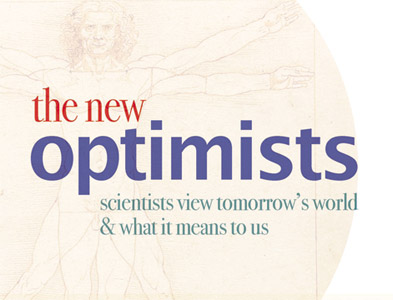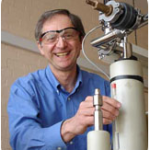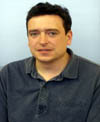Sonochemistry is concerned with understanding the effect of sonic waves and wave properties on chemical systems.
 Professor Tim Mason is Director of the Sonochemistry Centre at Coventry University. It’s his contention that over-specialism is wasteful. What excites him about his research team is that there are researchers from many disciplines — biology, chemistry, environmental science, food technology, material science and pharmacology. Sonochemistry, in his view, provides an ideal model for linking scientific disciplines to expand our knowledge. (He is also a keen fisherman . . . )
Professor Tim Mason is Director of the Sonochemistry Centre at Coventry University. It’s his contention that over-specialism is wasteful. What excites him about his research team is that there are researchers from many disciplines — biology, chemistry, environmental science, food technology, material science and pharmacology. Sonochemistry, in his view, provides an ideal model for linking scientific disciplines to expand our knowledge. (He is also a keen fisherman . . . )
Professor Mason is President of the European Society of Sonochemistry and is the Editor in Chief of the journal Ultrasonics Sonochemistry. His research interests in sonochemistry cover environmental protection, materials processing, food processing, electrochemistry and therapeutic ultrasound.










